Can a Cat Be Vegan or Vegetarian?
 June 21, 2023
June 21, 2023
This is a controversial topic which has been arousing heated debates among human beings. In human society, there are many people who choose to become vegetarian because they believe that this way and style of eating is good for health and the environment. However, in the case of cats, which are carnivores, it is a question worth discussing whether they can be vegetarian.
In the first place, we need to understand the physiology of cats. Cats are carnivores, and their digestive systems and teeth are designed to digest and chew meat. The cat's body needs protein, fat and other nutrients from meat to maintain its normal physiological functions. Therefore, from a biological point of view, cats are not suited to be vegetarians.
Further more, cats' needs for certain nutrients cannot be met by plant-based food. For example, cats need taurine, an essential amino acid, from meat. This amino acid is essential for heart and vision development in cats. In addition, cats also need to consume vitamins A, B12, vitamin D and minerals such as iron and zinc, which are not available in plant foods. Therefore, if the cat is forcibly switched to a vegetarian diet, it may lead to nutritional deficiencies and health problems.
However, some people advocate meeting the nutritional needs of cats by adding some plant-based protein supplements. They believe that this can reduce the harm to animals and help protect the environment. However, this view is not widely accepted in the veterinary and scientific communities. Because a cat's body is not adapted to plant-based foods, such a diet can lead to malnutrition and health problems.

Therefore, from a scientific point of view, cats are not suitable and appropriate for becoming vegetarians. Their bodies need nutrients from meat to function properly. As cat owners, we should provide them with a proper diet, including high quality meat foods, to ensure their health and well-being. Cat is feline animal, just like lion and tiger. The cat without meat is just like fish without water. Hence, it is not advisable to make a cat vegetarian or even vegan.
Finally, every cat is a unique individual, and some cats may be allergic to certain meat foods or have other special health issues. In such cases, we should consult our veterinarian for advice on finding a suitable alternative diet. However, we should respect the physiological characteristics and natural needs of cats and give them the most suitable diet to ensure their health and well-being.
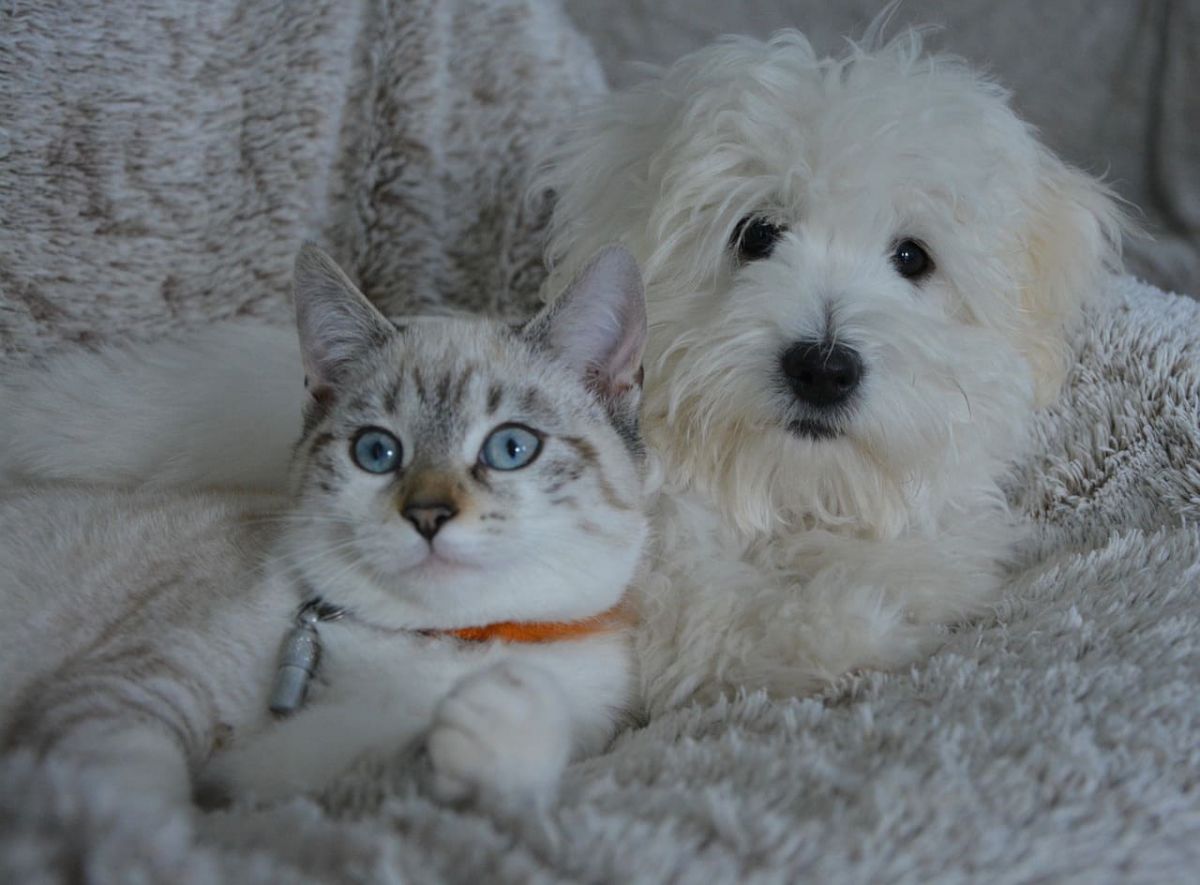
An Authoritative Glimpse into the World’s Top Ten Most Popular Categories of Pets

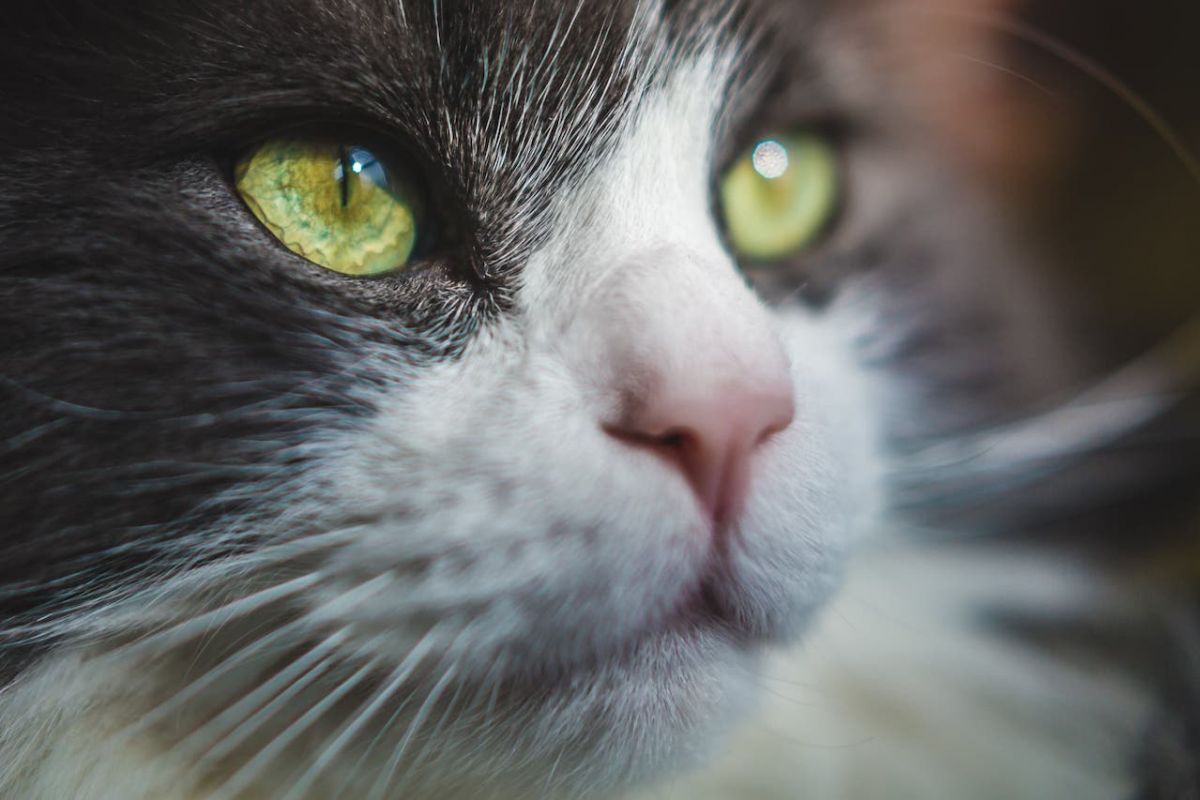
Why Do Cats Squirm Before Pouncing

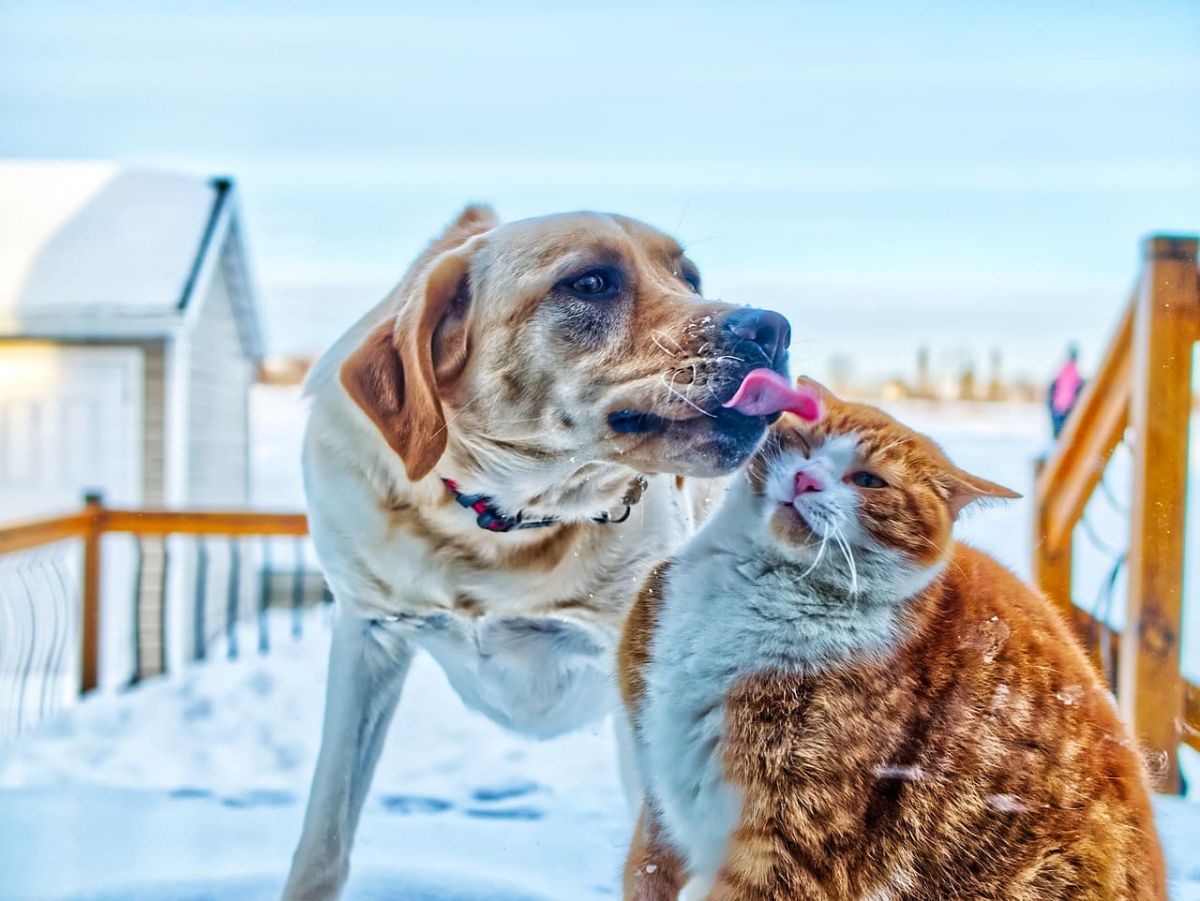
True Heartwarming Stories: The Unbreakable Bond Between Animals and Humans

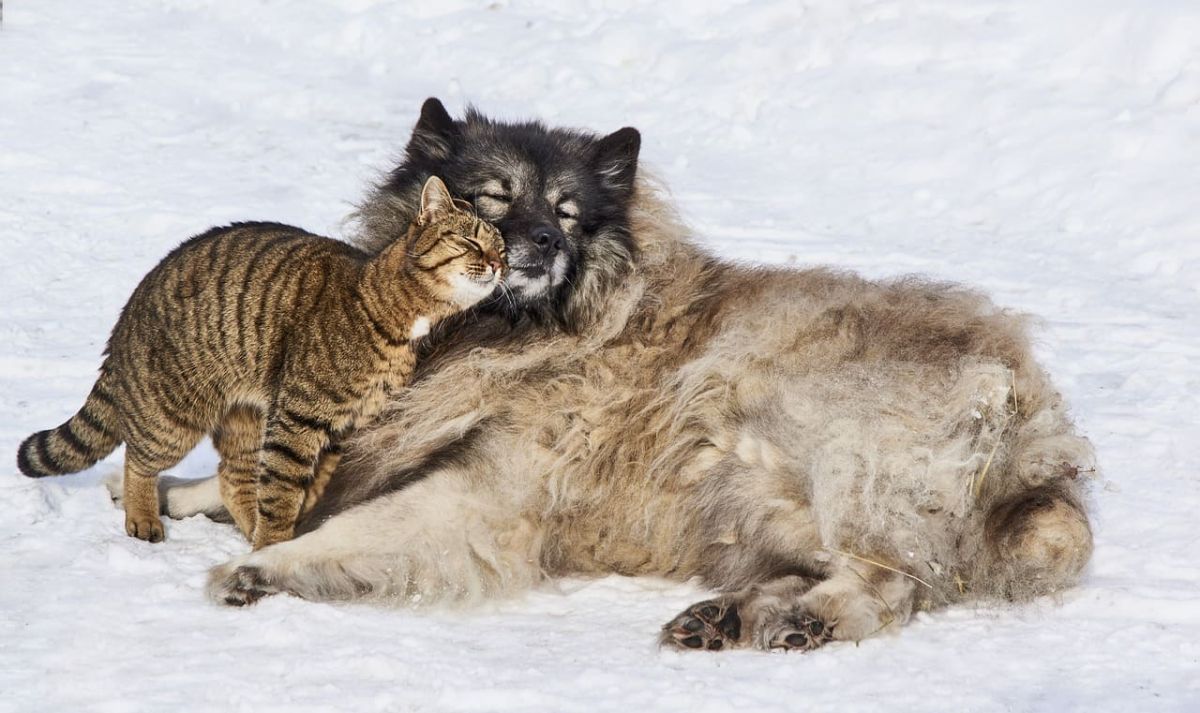
Pets’ Interesting News and Anecdotes

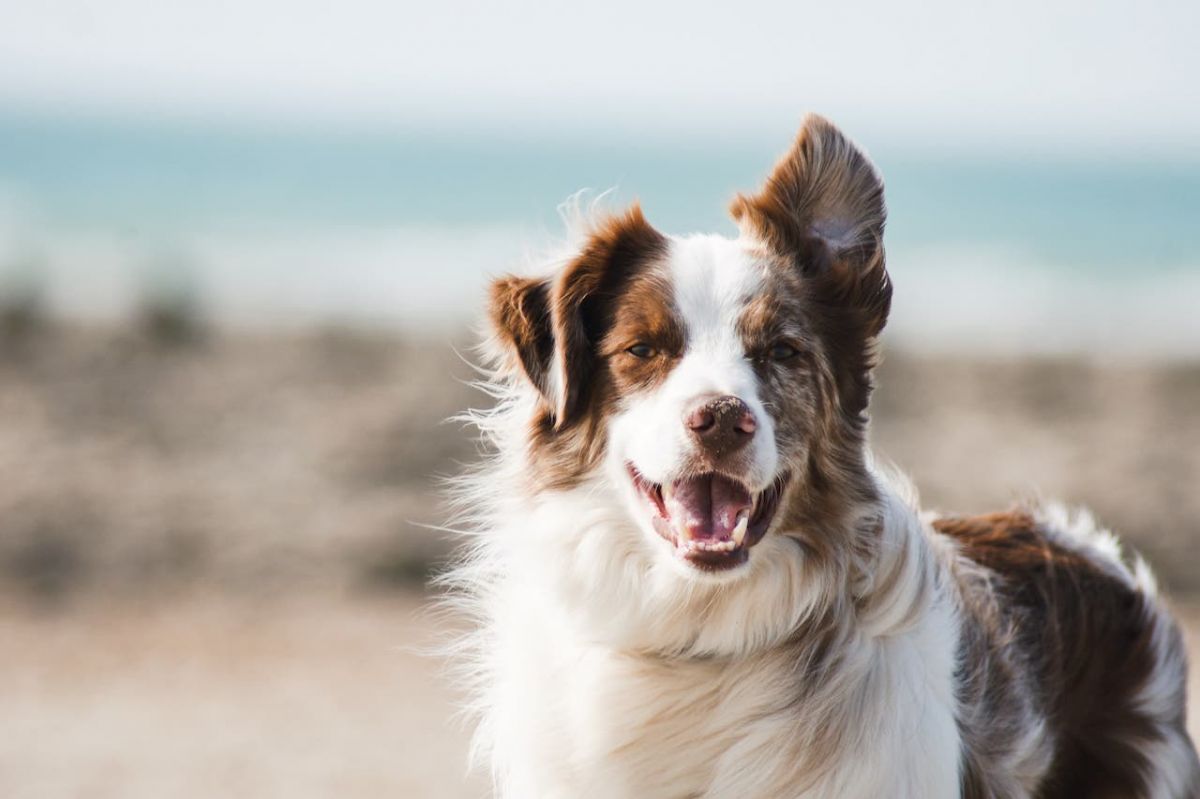
Owning a Pet May Help Maintain Mental Health When We’re Over 65

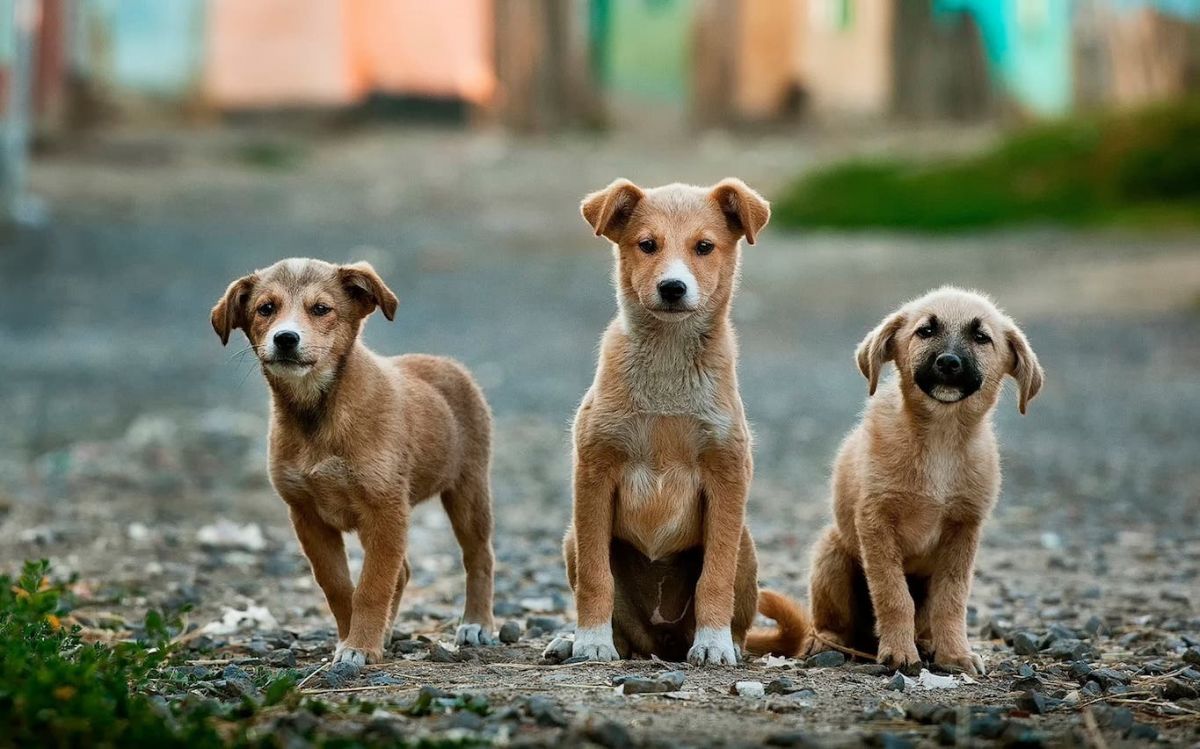
Pet IQ Test: Explore Your Pet's Intelligence and Potential

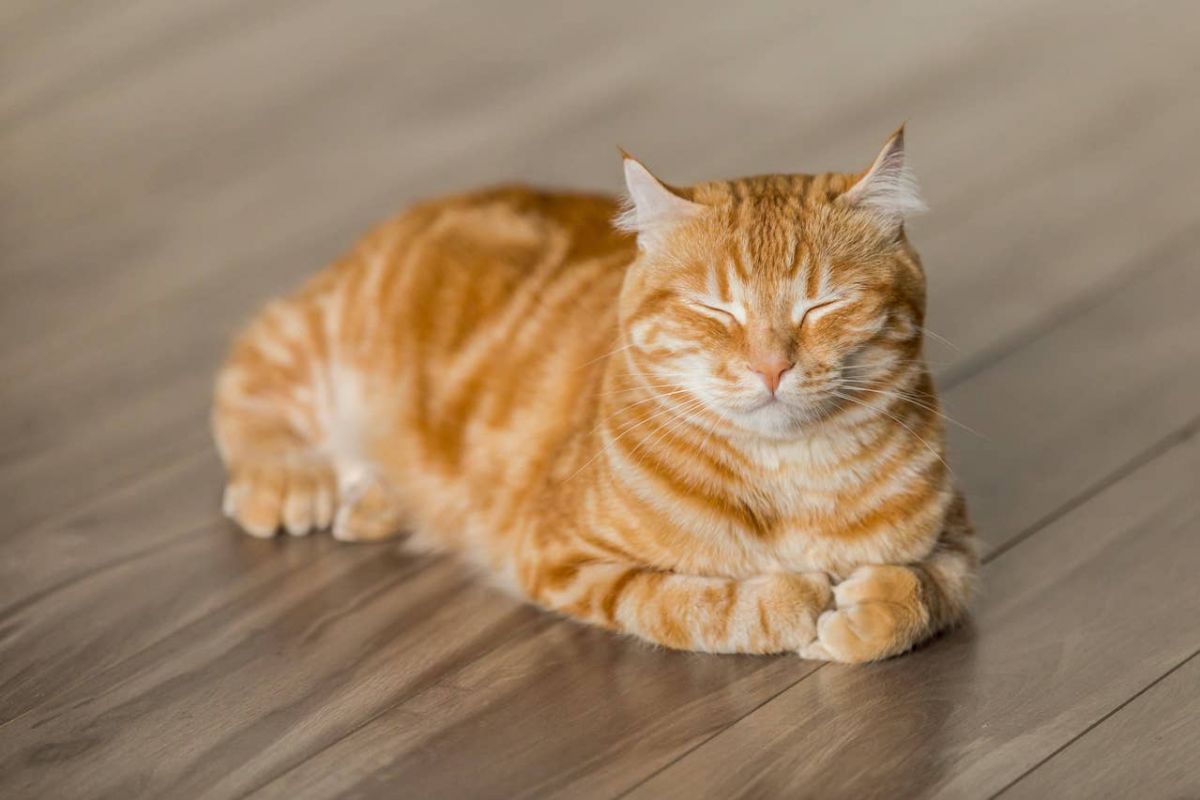
Pet Insurance: A Must for Comprehensive Pet Protection

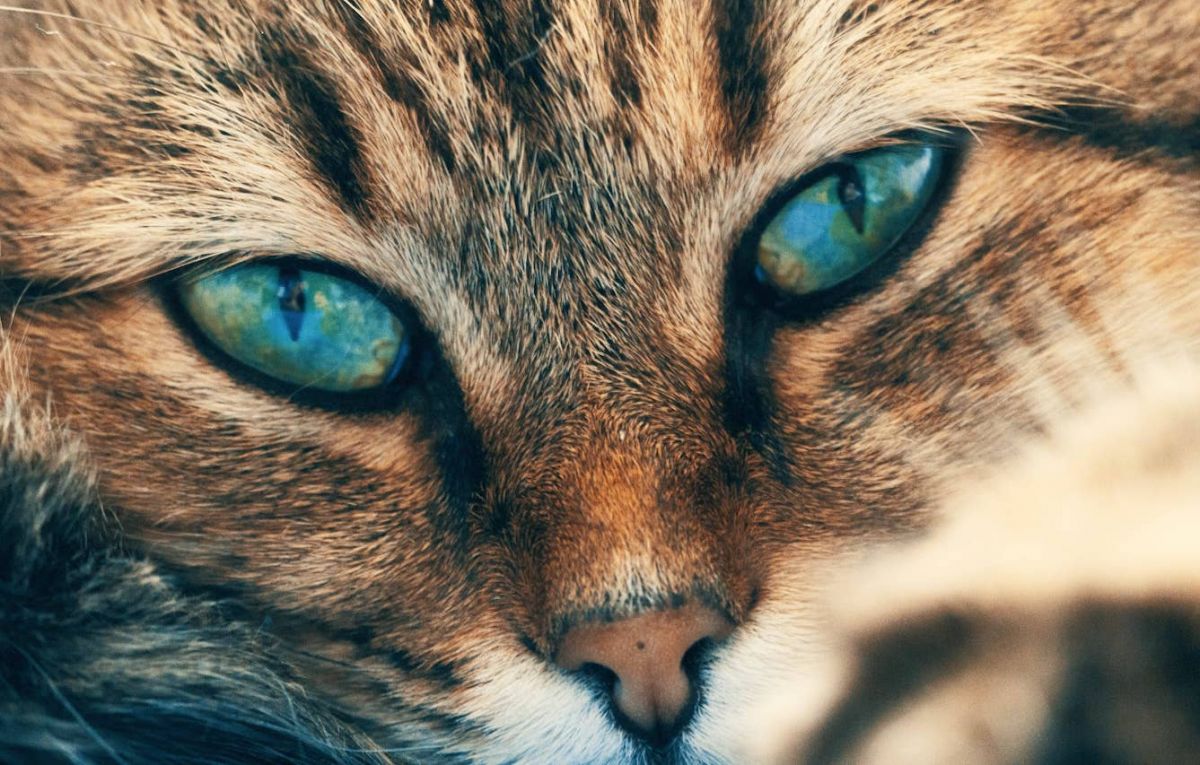
Instruction to PetSmart















